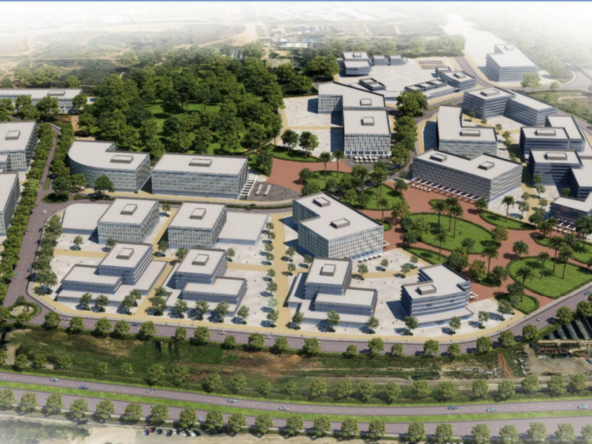David Ben Gurion stated that “the future of Israel lies in the Negev.”
The vast majority of the Israeli population is concentrated along the coast or in the center of the country, but the North and South are sparsely populated and underdeveloped. A demographic imbalance that the government is trying to address. A development plan for Galilee in the North has already started, just like for the Negev in the South. The face of this desert region is beginning to change.
Dunes, oases, canyons, and valleys as far as the eye can see.
Tourists, sometimes coming from very far away, set out to climb the dunes of the Negev in southern Israel. Indeed, several countries in the Middle East have now turned the page on the tourism crisis.
The desert covers more than half of Israeli territory, but its tourism potential has long been ignored.
The Bedouins are naturally the first to revive these steep routes, once taken by caravans transporting incense to Europe.
Testimonials: ”The desert is our home, our natural space, but we must preserve it now and be careful because people are starting to come from all over the world to see how we live, no technology or skyscrapers, no stress, that’s what attracts them”
”We have all our lives ahead of us here, no need to rush, we spend our lives under pressure but in the desert that disappears.”
The Ramon Crater is a huge crater in the Negev desert formed by the retreat of the sea 200 million years ago.
Israel plans to establish luxury hotels, and soon an airport, near Makhtesh Ramon in the Negev desert. The country dreams of quadrupling the site’s visitor numbers in the coming years. UNESCO has also classified the Incense Route as a World Heritage site, attracting many new tourists, a more family-oriented audience.
Rafael Advanced Defence Systems Ltd. has announced the opening of an R & D center and will recruit among the best and brightest graduates from Ben Gurion University, which produces one-third of Israel’s engineers each year, and the largest number of Israeli engineers in cybersecurity.
The Cyber Security Research Center at the university is a global leader in discovering online vulnerabilities and developing technologies aimed at protecting Israel and its allies from cyberattacks. This is why Israeli Prime Minister Benjamin Netanyahu referred to Beersheba as “Israel’s cyber capital” and why entrepreneurs call the Negev “Silicon Wadi.”
The Israeli Defense Forces include. The Israeli army is transferring its elite and high-tech units to Beersheba to take advantage of the graduates and researchers and the cyber ecosystem that is flourishing in the desert.
With the Negev desert as a “living laboratory,” the university’s scientists are also making the desert bloom in areas such as desert agriculture and water research.
The Zuckerberg Institute for Water Research at BGU, located on the Sde Boker campus of the University, has recently partnered with Northwestern University, the Water Council of Milwaukee, and the University of Chicago to develop new technologies.
These are just a few examples of how the future of Israel is being shaped by the country’s most dynamic and vibrant research university.



